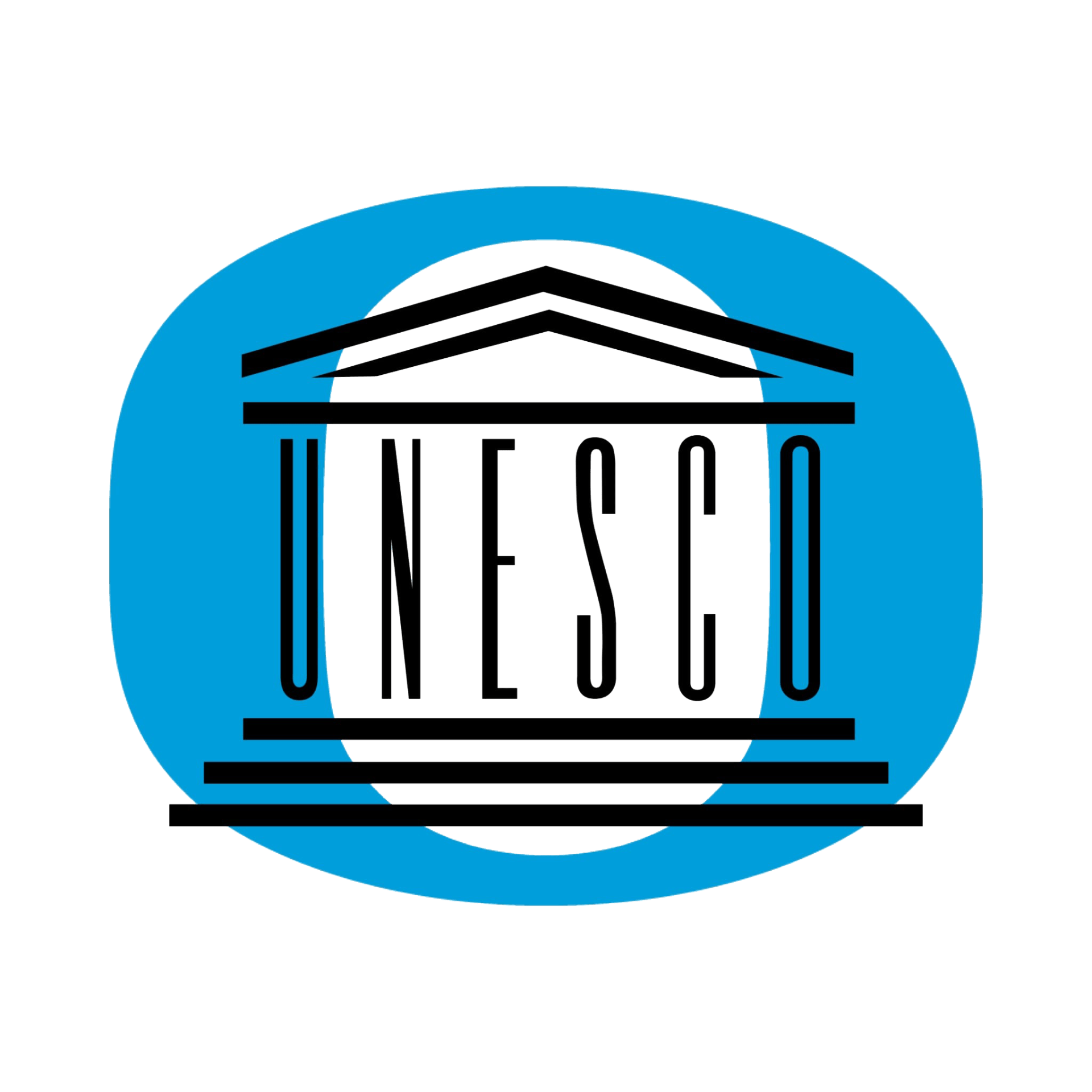By: Brittany Banna, Assistant to UNESCO Chair, Steven Shankman The UNESCO Crossings Institute, CRES 2020/MCRP 2021
The historic Arms Trade Treaty (ATT) – adopted by overwhelming vote at the UN General Assembly in April 2013 – is the first global treaty to regulate the conventional arms trade. This momentous achievement came after more than a decade of sustained advocacy and campaigning by the Control Arms Coalition, the international alliance of non-governmental organizations working for strong international arms controls
The Control Arms Coalition is a global network of almost 200 NGOs working to reduce human suffering through strong regulation of the international arms trade. I worked at the New York site during the late portion of summer 2019 through mid-autumn 2019. Colleagues of the Control Arms Coalition are stationed in London and Geneva, as well.
I was assigned to play a role in supporting the Coalition’s advocacy and outreach, in the development and implementation of workshops and technical training, as well as drafting social media and communications campaigns around relevant international meetings, particularly the 74th UN General Assembly First Committee on International Security and Disarmament (05 – 08 November 2019). This included logistical arrangements that enabled Control Arms members from the global south to attend this meeting. I also conducted research that contributed to the development of the advocacy strategy at First Committee.
Another main project I was privileged to work on included completing preparations for the ATT Academy in Southern Africa, a regional training on the implementation of the ATT for member countries of the Southern Africa Development Community. For this project, I conducted research to identify a venue for the training and cost-effective hotels in Windhoek, Namibia and prepared an analysis of arms exports and imports in this region based on official reports submitted by these governments to the ATT Secretariat as well as the UN Registrar for Conventional Weapons.
My supervisor and our team-members’ unwavering commitment to our campaigns and devotion to improving the global condition of humanity inspired me to pause and reconsider how each of us has a responsibility to the world. I was among people who were present because they cared, sincerely, about fostering change for the betterment of others and the planet. The steadfastness I witnessed in my supervisor, the professional I spent most of my campaigning time with, was remarkable. Her endeavors to help end the flow of arms and ammunition that fuel conflict, poverty and human rights abuses on a global scale were inspiring.
For those of you reading this blog with an interest in interning someday at the United Nations, here are my humble tips:
Applying for a position like this can feel like a rigorous and lengthy process – but perhaps this is only to be expected in seeking out a role you can play at the world’s most famous organization devoted to seeking peace on a global scale. I am extremely grateful for the support and guidance of my thesis advisor and class professor who advocated for my capability and potential to function in my role with integrity and efficacy. The successful candidate for an internship at the United Nations and/or for an NGO in the UN network should know what they’re passionate about, what drives their creativity and organize their application process with thoughtfulness.

